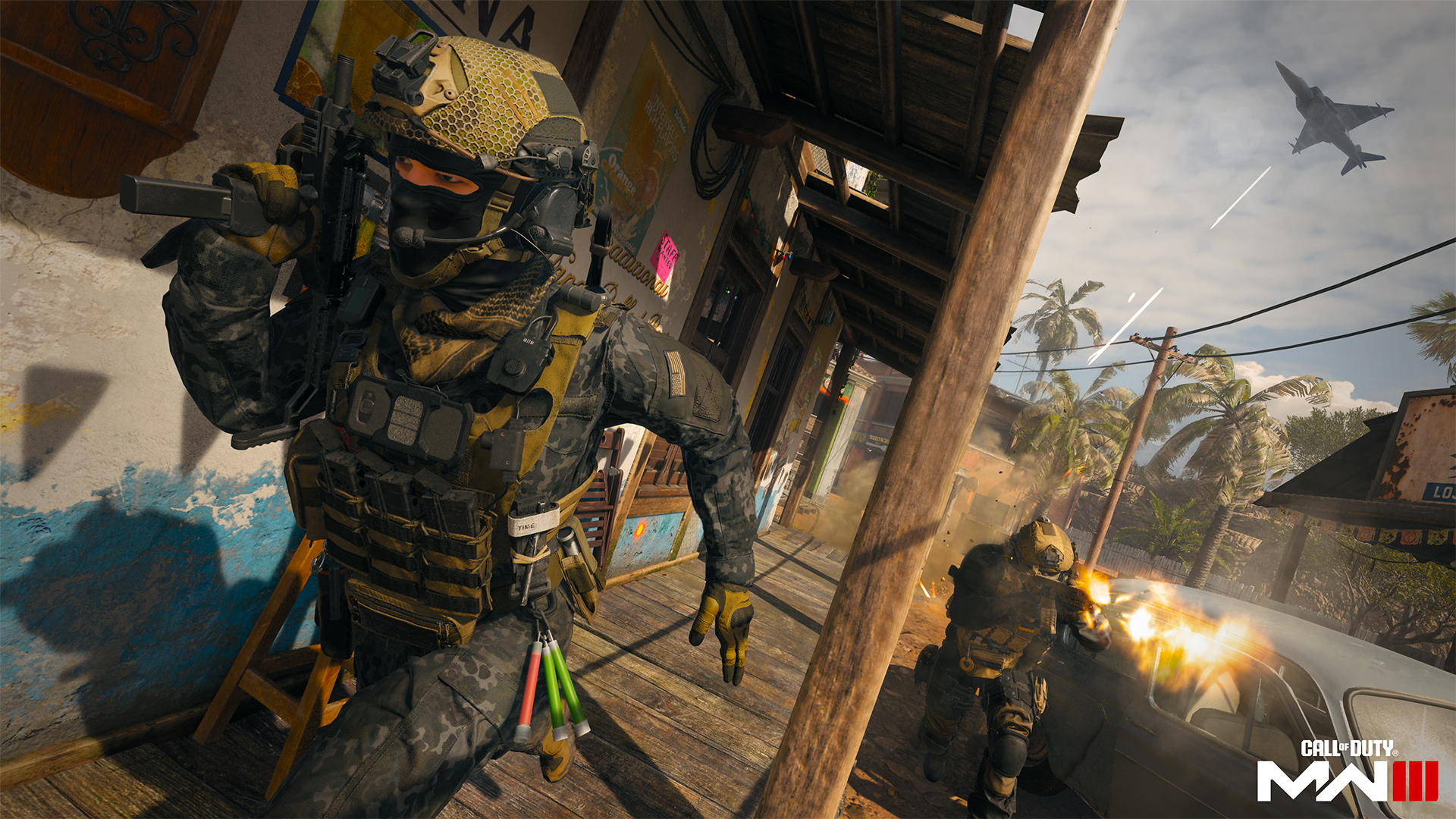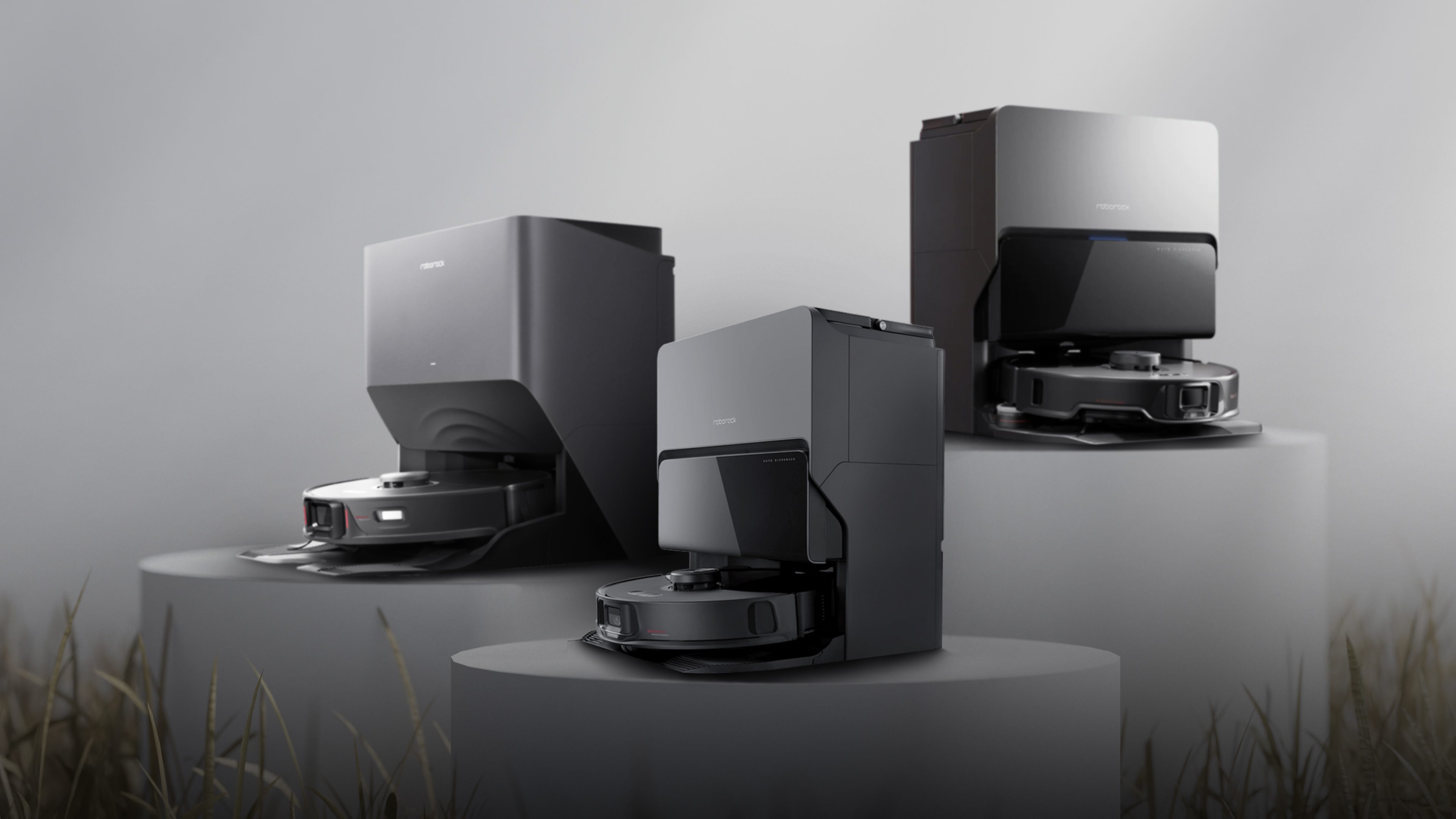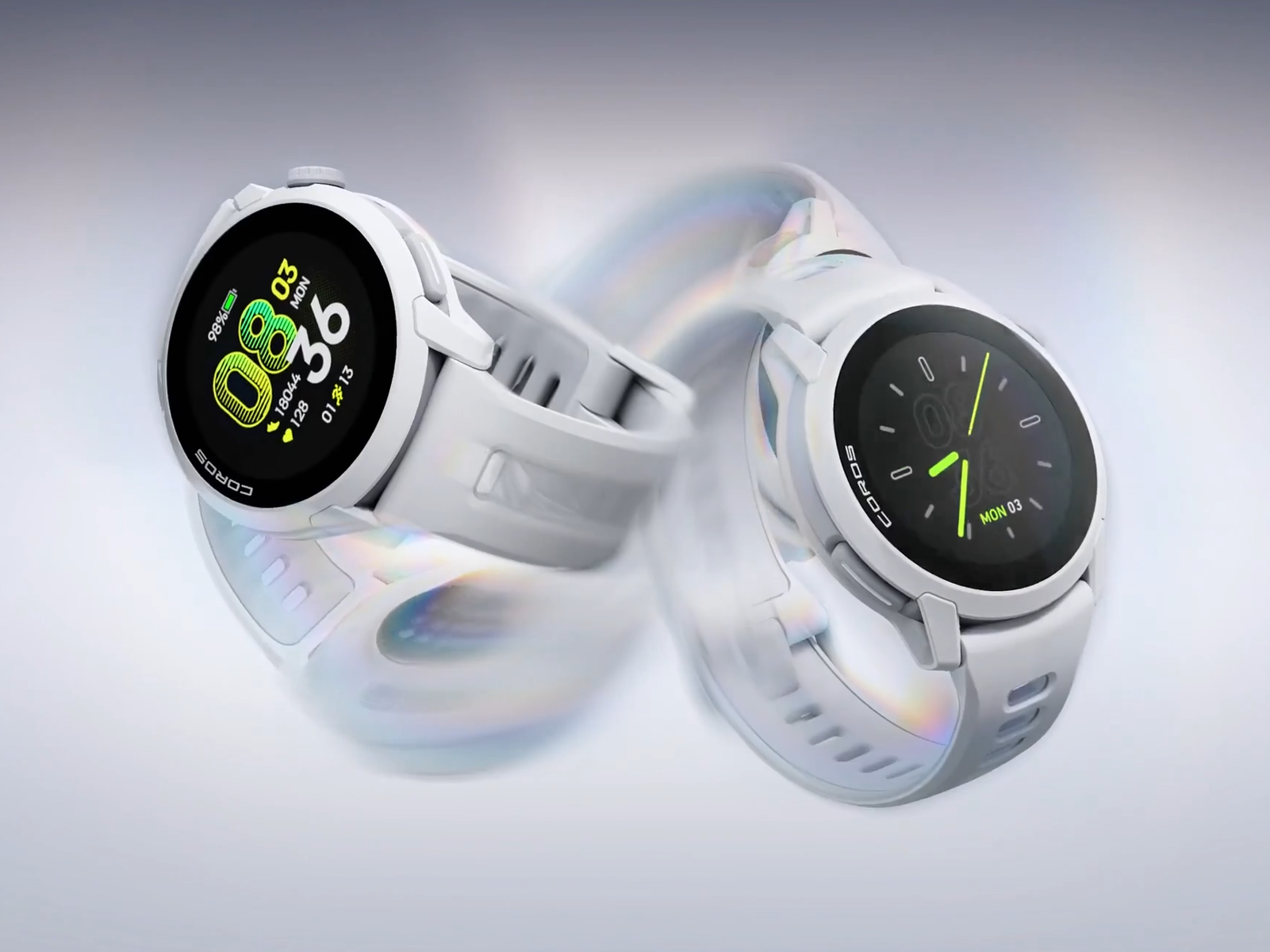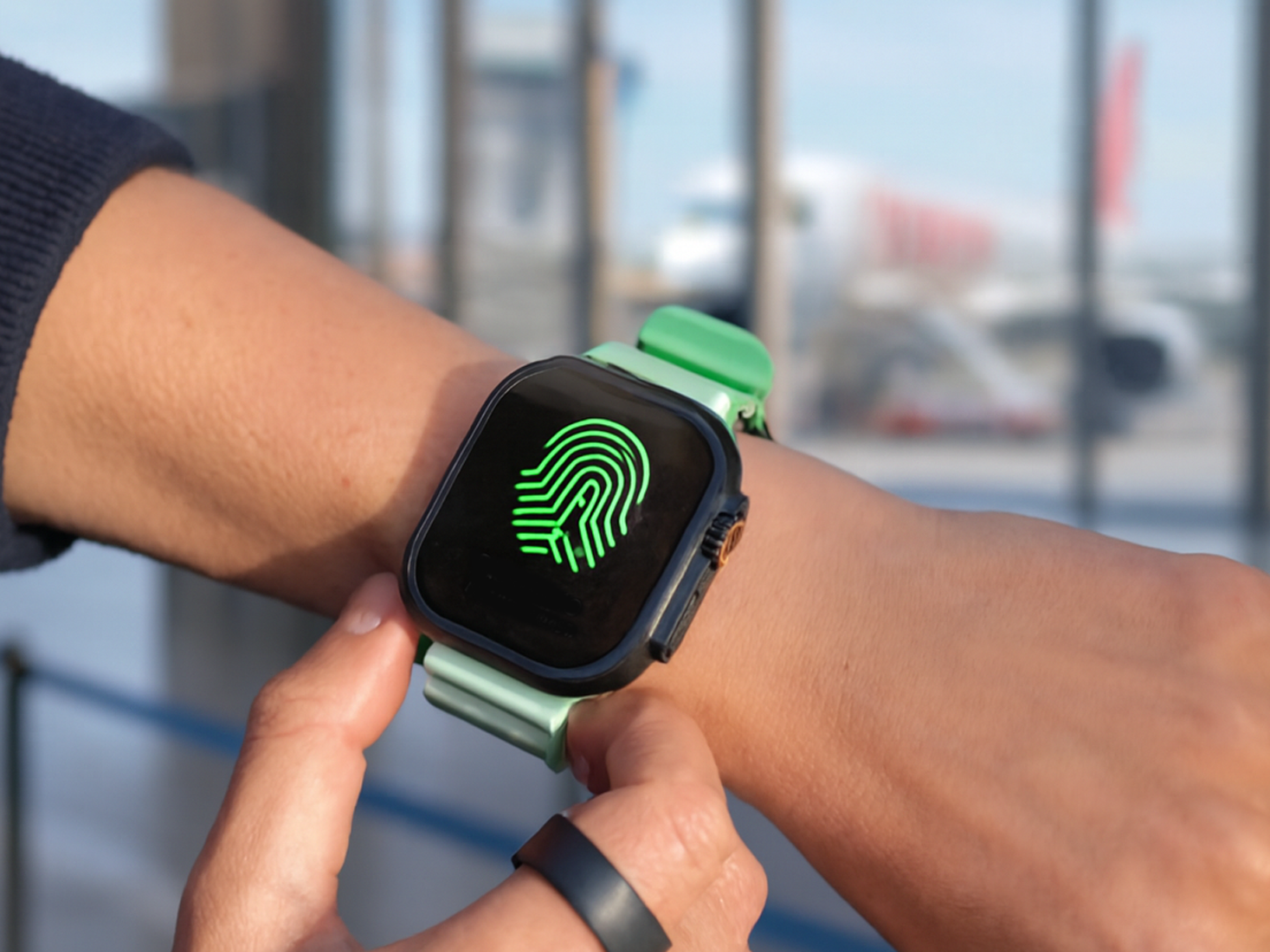

November 21st, 2023 marks the 25th anniversary of The Legend of Zelda: Ocarina of Time’s Japanese launch. To mark this historic Hyrulean occasion, we’ll be running articles throughout the week dedicated to the game, our memories, and its legacy. Today, Gavin ponders the pros and cons of remaking The Citizen Kane of Games™...
The remake. The remaster. The reboot. The revival. At this point, it feels like a couple of decades since these words entered common parlance when discussing pretty much any audio-visual entertainment, but in reality it stretches back farther, at least to the late 1920s when film studios started remaking silent cinematic classics as talkies.
These days, when your sequelitus has finally cleared up, you can expect a relapse in the form of a total franchise overhaul that captures the spirit of the original text but switches things up just enough to modernise it for a new generation. And if the reboot falls flat on its face? No problem — ctrl+alt+del and re-reboot a couple of years down the line — “We heard you!” And when sufficient time has passed for critical reappraisals to reframe past failures, you can then wrap everything up with a neat multiverse movie that adds a nice glaze of redemption and wrings juice from turkeys long since cooked. Wink at the fandom while you hand it over (hey there, George), and you’re all set for the next course!
While video games haven’t quite gone down the multiverse plughole just yet, old titles reworked and repackaged on a newer, better format are an everyday occurrence and can extract just as much cynicism from a seasoned gamer. Take Ocarina of Time, famously the Best Video Game Of All Time according to many gamers and critics, Meta- and otherwise. Following the N64 original in 1998, it was re-released on GameCube in 2003 alongside Wind Waker, and with some extra Master Quest material, before appearing on Virtual Console for Wii and Wii U, and getting a full 3DS remake in 2011 courtesy of Grezzo. You can play it on Switch, too, if you’re a Nintendo Switch Online Expansion Pack subscriber.
As you can see, there is no shortage of ways to play Ocarina in 2023. And yet! The desire to see one of gaming’s greatest achievements remade to take advantage of two-and-a-half decades’ worth of technological and design advancements is almost irresistible. Do we need an Ocarina remake? Not really. Would we play an Ocarina remake? Abso-bloody-lutely.
Capcom has proved not only the financial impetus but the artistic merit in revisiting and totally reworking past masterpieces
In many ways, remasters and remakes make far more sense with video games than in other media. We want to be able to play our favourites in the best possible light on our current machines, and while some might arguably get the cadence wrong (we’re taking bets on the next Last of Us re-release announcement), generally a remaster/remake is treated with less scepticism in gaming circles.
The arguments for an Ocarina of Time remake are easy to come up with, but they also don’t quite jive with Nintendo’s ethos to ‘surprise’ as well as ‘delight’. It would have been the easiest thing in the world to put both Wind Waker HD and Twilight Princess HD on Switch, but — so far, at least — they haven’t materialised. The 3DS version took off most of 64-bit Ocarina’s rougher edges in the visual and inventory-management departments with a handful of tweaks that make it arguably the best way to play (if you own a 3DS). There are small, sensitive improvements that could improve the original. No game is perfect.
However, sprucing up the visuals and tidying up the Water Temple and a few other loose ends hardly feels like reason enough to remake the entire game, does it? All those Unreal Engine demos are very pretty and shiny, but just giving Ocarina a lick of skin-deep UE5 and some nice HDR is a novelty that would wear off fast.
Despite what some people might say (we’re not even going to link to the brief discourse set off by a tweet a couple of weeks ago suggesting Ocarina’s a bit rubbish), even with the foibles of its vintage and its design being closely tied to a non-standard controller by today’s standards, Ocarina holds up very well. The impetus to ‘right its wrongs’ and make it ‘playable’ for 21st-century players doesn’t exist in the way it does for other classic games from yesteryear with off-putting controls or other antiquated elements.

November 21st, 2023 marks the 25th anniversary of The Legend of Zelda: Ocarina of Time’s Japanese launch. To mark this historic Hyrulean occasion, we’ll be running articles throughout the week dedicated to the game, our memories, and its legacy. Today, Gavin ponders the pros and cons of remaking The Citizen Kane of Games™...
The remake. The remaster. The reboot. The revival. At this point, it feels like a couple of decades since these words entered common parlance when discussing pretty much any audio-visual entertainment, but in reality it stretches back farther, at least to the late 1920s when film studios started remaking silent cinematic classics as talkies.
These days, when your sequelitus has finally cleared up, you can expect a relapse in the form of a total franchise overhaul that captures the spirit of the original text but switches things up just enough to modernise it for a new generation. And if the reboot falls flat on its face? No problem — ctrl+alt+del and re-reboot a couple of years down the line — “We heard you!” And when sufficient time has passed for critical reappraisals to reframe past failures, you can then wrap everything up with a neat multiverse movie that adds a nice glaze of redemption and wrings juice from turkeys long since cooked. Wink at the fandom while you hand it over (hey there, George), and you’re all set for the next course!
While video games haven’t quite gone down the multiverse plughole just yet, old titles reworked and repackaged on a newer, better format are an everyday occurrence and can extract just as much cynicism from a seasoned gamer. Take Ocarina of Time, famously the Best Video Game Of All Time according to many gamers and critics, Meta- and otherwise. Following the N64 original in 1998, it was re-released on GameCube in 2003 alongside Wind Waker, and with some extra Master Quest material, before appearing on Virtual Console for Wii and Wii U, and getting a full 3DS remake in 2011 courtesy of Grezzo. You can play it on Switch, too, if you’re a Nintendo Switch Online Expansion Pack subscriber.
As you can see, there is no shortage of ways to play Ocarina in 2023. And yet! The desire to see one of gaming’s greatest achievements remade to take advantage of two-and-a-half decades’ worth of technological and design advancements is almost irresistible. Do we need an Ocarina remake? Not really. Would we play an Ocarina remake? Abso-bloody-lutely.
Capcom has proved not only the financial impetus but the artistic merit in revisiting and totally reworking past masterpieces
In many ways, remasters and remakes make far more sense with video games than in other media. We want to be able to play our favourites in the best possible light on our current machines, and while some might arguably get the cadence wrong (we’re taking bets on the next Last of Us re-release announcement), generally a remaster/remake is treated with less scepticism in gaming circles.
The arguments for an Ocarina of Time remake are easy to come up with, but they also don’t quite jive with Nintendo’s ethos to ‘surprise’ as well as ‘delight’. It would have been the easiest thing in the world to put both Wind Waker HD and Twilight Princess HD on Switch, but — so far, at least — they haven’t materialised. The 3DS version took off most of 64-bit Ocarina’s rougher edges in the visual and inventory-management departments with a handful of tweaks that make it arguably the best way to play (if you own a 3DS). There are small, sensitive improvements that could improve the original. No game is perfect.
However, sprucing up the visuals and tidying up the Water Temple and a few other loose ends hardly feels like reason enough to remake the entire game, does it? All those Unreal Engine demos are very pretty and shiny, but just giving Ocarina a lick of skin-deep UE5 and some nice HDR is a novelty that would wear off fast.
Despite what some people might say (we’re not even going to link to the brief discourse set off by a tweet a couple of weeks ago suggesting Ocarina’s a bit rubbish), even with the foibles of its vintage and its design being closely tied to a non-standard controller by today’s standards, Ocarina holds up very well. The impetus to ‘right its wrongs’ and make it ‘playable’ for 21st-century players doesn’t exist in the way it does for other classic games from yesteryear with off-putting controls or other antiquated elements.
Not that that stops other publishers, of course — or even Nintendo. The abundance of Deluxe ports on Switch demonstrates the company’s pragmatic approach to re-releasing software, modestly reworked, if it suits them. Perhaps Nintendo is sitting on WW and TP HD waiting to deploy them on the next Switch, helping to maintain that monthly cadence of first-party launches that put them in such good stead this generation. Perhaps, knowing that the next mainline game won’t be ready in time, Aonuma’s eyeing some easy wins for the franchise’s 40th anniversary.
Still, if Skyward Sword was deemed deserving of an HD Switch-up, why not Ocarina? Link’s Awakening brought the Game Boy classic to an entirely new audience, even as the original sits there eminently playable on Switch. The potential for a reimagined Ocarina — the archetypal ‘Citizen Kane‘ of Games — is off the charts.
Ew, a Citizen Kane remake? How perfectly vulgar. Sure, we understand that viewpoint (we might even have expressed it in the past in a kneejerk fashion). BUT, the most persuasive argument for an Ocarina remake — an example that suggests it has the potential not only to equal the majesty of the original but, perhaps, even surpass it — comes not from Nintendo, but from Capcom: Resident Evil 4.

With an original held in similarly high regard to Ocarina, you could be forgiven for sniffing at the idea of an RE4 remake. How could a retread be anything but a decent facsimile of the brilliant original with modern sensibilities bolted on? What’s the point? But Capcom has proved not only the financial impetus but the artistic merit in revisiting and totally reworking past masterpieces — and multiple times now with both Resident Evil 2 and Rem4ke (let’s be generous and ignore R3make for now, as the source material was never all-timer grade). Square Enix might be dragging things out with its Final Fantasy VII Remake, but the results are undeniably impressive.
You could cite the original REmake on GameCube, too, and you’d be absolutely right. Despite an aversion to tampering with a hallowed, influential classic, we should remember one thing: the original will always be there. It can’t be tarnished by a disappointing sequel, reboot, or adaptation riding on its coattails before faceplanting into the concrete: Skynet’s production line since 1991 hasn’t made rusty buckets of The Terminator or T2; The Exorcist still exists unsullied, despite The Exorcist II‘s best efforts; Jaws remains incredible; Toy Storys 1, 2, and 3 still represent the ultimate motion-picture trilogy, no matter how many epilogues Disney appends to future boxsets.
Likewise, Ocarina will always exist in its original form, and based on the evidence, it is entirely possible that a ground-up remake might, just might, be worthy of the legacy of its name. Ultimately, Zelda fans only stand to win should Nintendo decide to exhume this particular Poe and see if it can bottle the magic once again.
What do you think, though? Does Ocarina of Time need the full remake treatment? Would you prefer a total reworking or more of a remastered experience? Let us know in the polls below:

- Related Games

























